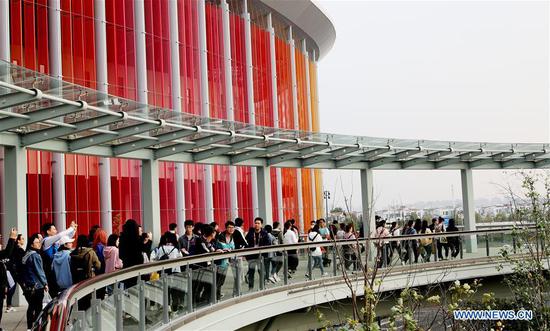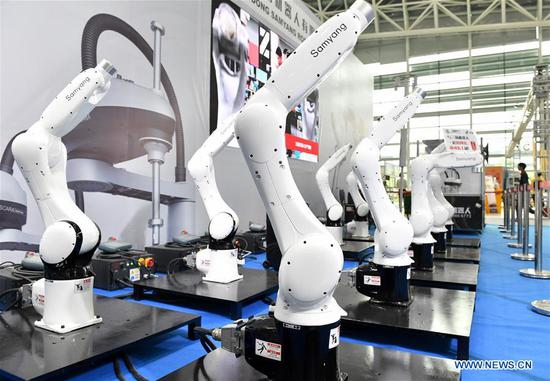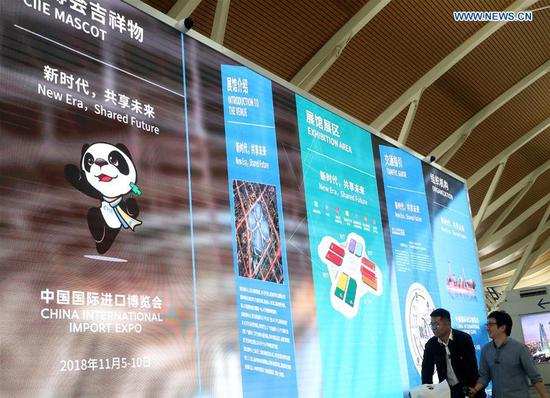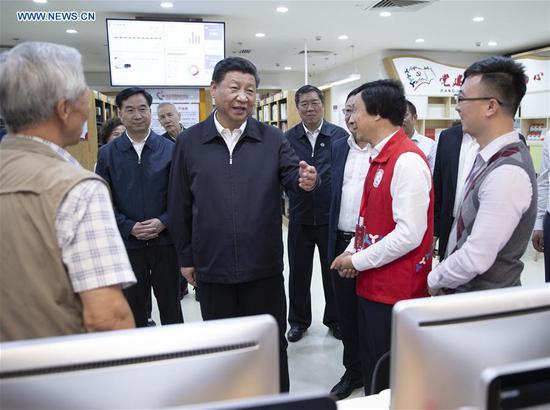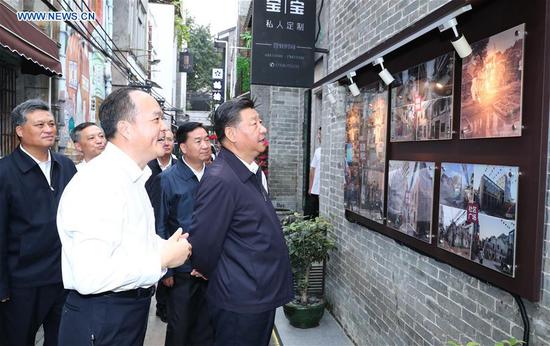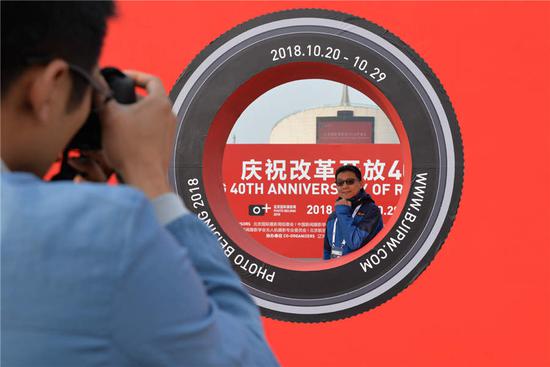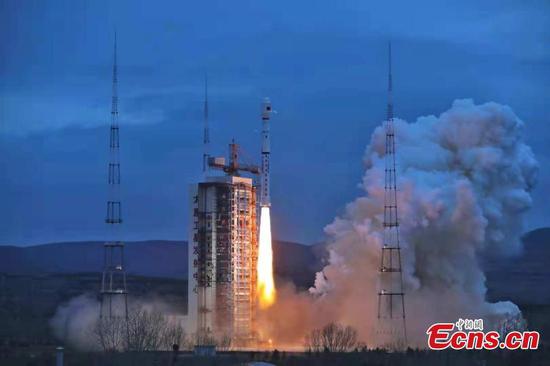Is it possible to save the planet? Yes, but...
Nearly 50 years ago the Club of Rome made the world aware that physical growth cannot continue forever on a finite planet. In fact, the famous report The Limits to Growth that the club commissioned in 1970 warned that rapid growth in population, use of resources and pollution would have to stop within 100 years if humanity was not going to destroy the global environment and face social decline as a result.
In other words, the Club of Rome warned that if the world continued to pursue human well-being through physical expansion, the long term result would be a decline in well-being as a result of environmental damage and social conflict over scarce resources.
Last week the Club of Rome celebrated its 50-year anniversary in Rome. As part of the celebrations it received three new reports that supported the 50-year old message and proved its continued relevance. All reports are based on scientific reviews of what has happened in the world since the club issued its first warning. They all say that global society has made great progress over the past 50 years: Hundreds of millions of people have been freed from poverty-many of them in China-and technology has reduced the footprint per unit of GDP.
However, all three reports also warn that human progress has increased the human pressure on all global boundaries, and has begun to exceed some of them-particularly in the climate arena. Global warming and the associated climate change and extreme weather are emerging as the main threat to human well-being for the rest of this century.
The reports stressed that global poverty remains a huge problem, and that all human beings have a right to a decent life. But they said it will be impossible to reach this goal, and many of the other UN sustainable development goals, unless the rich reduce their ecological footprint.
Fortunately the reports did not just sound the alarm once again. They also suggested a way forward. That proposal is most clearly described in the report Transformation is feasible-How to achieve the Sustainable Development Goals within Planetary Boundaries. This report builds on a computer model similar to the World3-model used in the original The Limits to Growth report to the Club of Rome in 1972.
The analysis shows that if global society follows business-as-usual decision-making in the decades ahead, the world will not achieve general well-being for all, not by 2030 as the UN has called for, nor by 2050. Furthermore, the analysis shows that if global society tries to accelerate the move toward higher well-being through higher rates of economic growth, this will fail. It is true that more of the social sustainable development goals will be achieved, but the move will increase the pressure on global boundaries, accelerate environmental decline and lead to more global warming, sea level rise and extreme weather.
So what can be done? The Transformation Is Feasible report says that the best way ahead is to concentrate on five "transformational" measures. They are unconventional, a far cry from the marginalism that characterizes common democratic decision-making, and will be resisted in many quarters. But according to the authors they are the simplest way to move toward increased well-being for the global majority:
First, phase out all use of fossil fuels in an orderly manner by 2050. This measure alone will reduce emissions of CO2 sufficiently to keep global warming below 2 C.
Second, shift agricultural practices (including forestry) toward green procedures that can feed all without depleting the soil and without emissions of other greenhouse gases.
Third, move to a new development model for poor countries. More bluntly, follow the Chinese model, which has successfully doubled the income of the average Chinese every decade since 1978. No other system of governance has achieved anything like this.
Fourth, redistribute income, for example by increasing the taxes on the top 10 percent of the world's richest people, enough to pay the bill for a brisk move to a low-carbon and more egalitarian society, where everyone has the right to free education, health, unemployment benefits and a pension.
Fifth, support the impressive decline in global fertility over the past 50 years by offering to each and any woman free education, maternal health and contraception.
On its 50-year anniversary the Club of Rome resolved to pursue these measures. It also resolved to establish its association in China, complementing the 36 national associations for the Club of Rome that have emerged over the past 50 years.
The author is president of the Club of Rome China, professor emeritus of climate strategy in BI Norwegian Business School, Oslo, and co-author of The Limits to Growth and author of 2052: A Global Forecast for the Next Forty Years.










